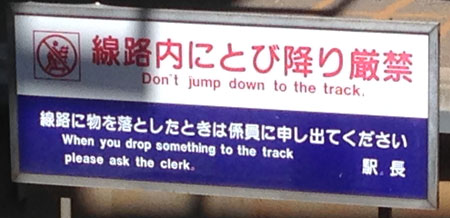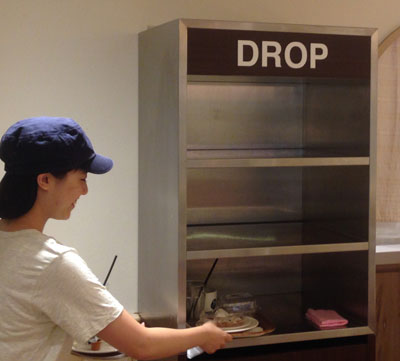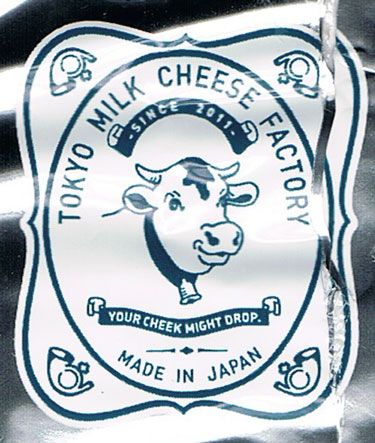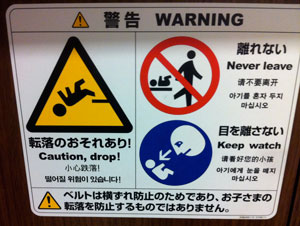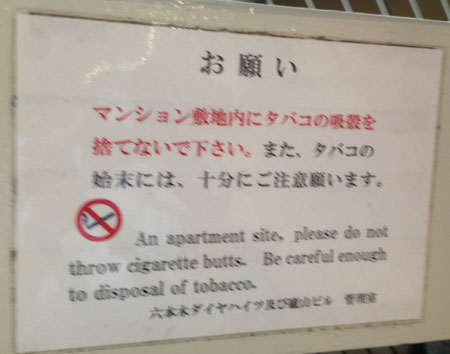
X An apartment site, please do not throw cigarette butts.
Tim says:
The parts of this sentence before and after the comma seem unrelated to each other. That’s because they didn’t include a preposition, such as “at”! Also, “an” apartment site could be anywhere. They mean “this” apartment site.
Also, “throw cigarette butts” means 「タバコの吸殻を投げる」! I’m sure that very few people throw cigarette butts! However, they might drop them.
O At this apartment site, please do not drop cigarette butts.
X Be careful enough to disposal of tobacco.
“Careful enough” sounds odd. Can you be careful without being “careful enough”? As the old expression says, you can’t be TOO careful! A better expression would be “be very careful” or “take extra care.”
“Disposal” is not a verb, so it can’t be preceded by “to”. Also, writing only “tobacco” makes me imagine a box full of cut tobacco leaves, rather than cigarettes. In English, “tobacco” doesn’t mean “cigarettes”, it only means what’s inside cigarettes.
O Take extra care when disposing of cigarettes.
周囲にある英語を見て、果たしてそれが正しい英語なのだろうかと感じる英語はありますか?「あの英語は絶対に間違っている」という英語の表記はありますか?看板の写真を撮って、Machigai.comに送りましょう!とんでもない英語だったら、このコーナーで出します!

